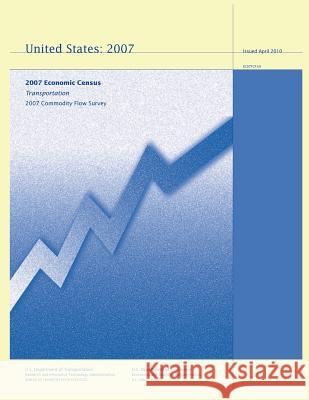Transportation 2007 Commodity Flow Survey: 2007 Economic Census » książka
Transportation 2007 Commodity Flow Survey: 2007 Economic Census
ISBN-13: 9781481106672 / Angielski / Miękka / 2012 / 252 str.
The economic census is the major source of facts about the structure and functioning of the nation's economy. It provides essential information for government, business, industry, and the general public. Title 13 of the U.S. Code (Sections 131, 191, and 224) directs the U.S. Census Bureau to take the economic census every 5 years, ending in "2" and "7." The economic census furnishes an important part of the framework for such composite measures as the gross domestic product estimates, input/output measures, production and price indexes, and other statistical series that measure short-term changes in economic conditions. Specific uses of economic census data include the following: Policymaking agencies of the federal government use the data to monitor economic activity and assess the effectiveness of policies. State and local governments use the data to assess business activities and tax bases within their jurisdictions and to develop programs to attract business. Trade associations study trends in their own and competing industries, which allows them to keep their members informed of market changes. Individual businesses use the data to locate potential markets and to analyze their own production and sales performance relative to industry or area averages. The economic census is conducted on an establishment basis. A company operating at more than one location is required to file a separate report for each store, factory, ship, or other location. Each establishment is assigned a separate industry classification based on its primary activity and not that of its parent company.
Zawartość książki może nie spełniać oczekiwań – reklamacje nie obejmują treści, która mogła nie być redakcyjnie ani merytorycznie opracowana.











